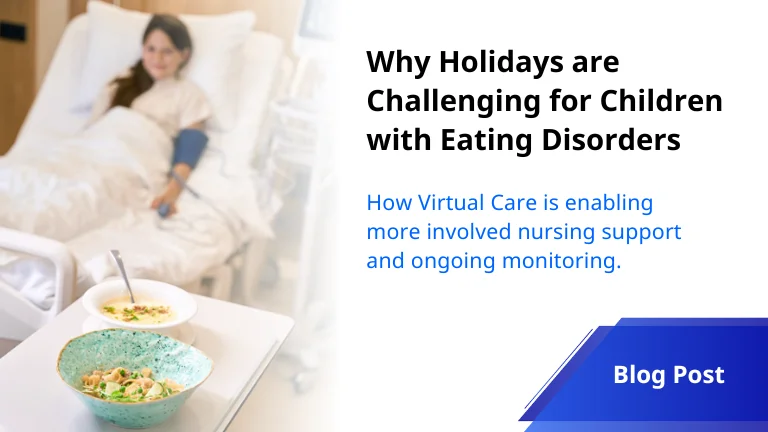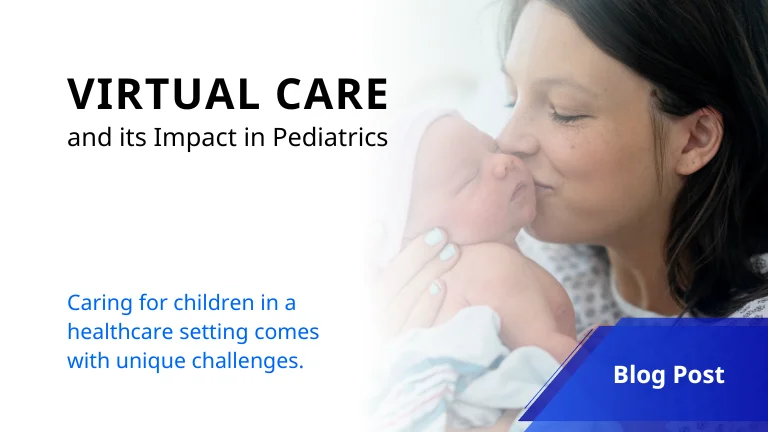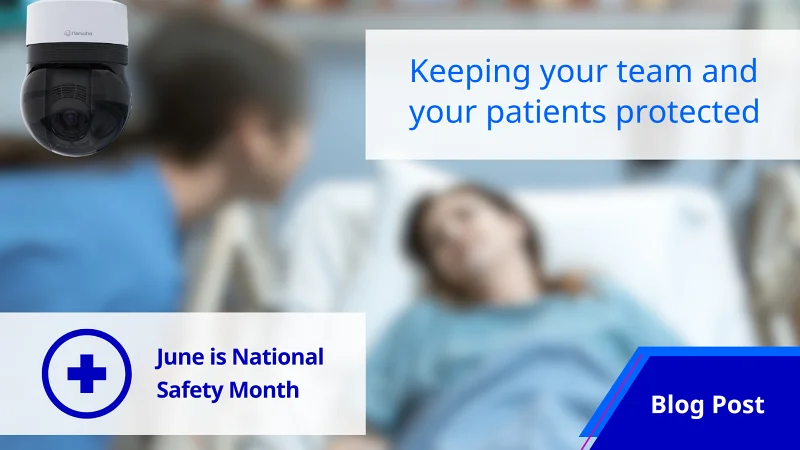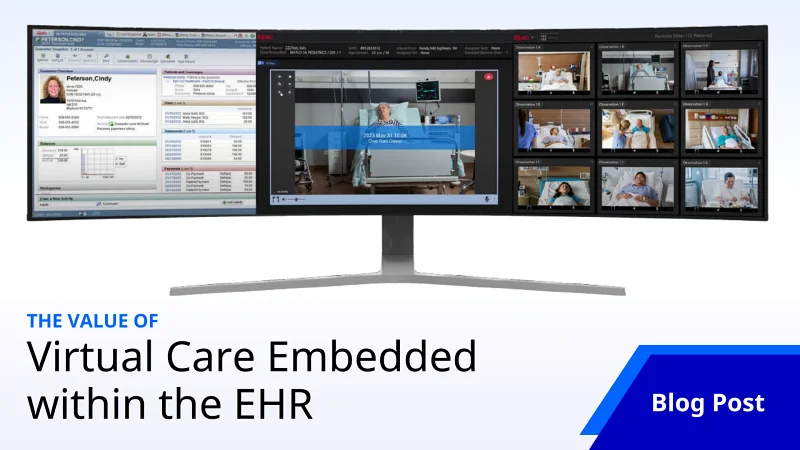
Holidays often revolve around food, family and fun. But for a child with an eating disorder, these occasions can be challenging. Shifting routines, unintentional comments about appearance or eating habits, uncomfortable family dynamics, and feelings of being judged or misunderstood can amplify anxiety. And the heightened emphasis on joy and celebration can create pressure to suppress difficult emotions.
Preventing triggers for children with an eating disorder is always the best approach. For those families supporting a child with an eating disorder, during this holiday season here are some strategies that can help reduce anxiety and foster a supportive atmosphere during a potentially overwhelming time:
- Establish consistent routines around meals and activities to help provide stability and support effective coping mechanisms.
- Shift the focus away from food-centered gatherings by emphasizing non-food traditions such as decorating, crafting, or playing games.
- Set boundaries on conversations by steering clear of topics related to weight, appearance or food choices, as these can be triggering.
- Collaborate with your child to create a plan for navigating holiday meals and social gatherings, focusing on setting realistic and manageable goals.
- Encourage self-care by helping your child identify stress management techniques, such as mindfulness, journaling, or taking quiet breaks.
- Detaching from social media posts or conversations about holiday indulgence or dieting can help prevent unhealthy thought patterns and exacerbations during the holidays.
When triggering events do lead to hospitalization, timely care through virtual nursing can provide critical support and monitoring – offering children compassionate guidance during their stay, while equipping families with the tools and education needed to navigate the challenges of the holiday season.
Virtual Care: Enabling More Involved Nursing Support and Ongoing Monitoring
Virtual nursing provides invaluable support to both the child and family. Through ongoing and real-time emotional support, virtual nurses ensure the child feels heard and cared for during this challenging period. Families benefit from education tailored to fostering recovery, including practical advice on effective communication and creating a nurturing environment.
Virtual nursing also ensures continuity of care, acting as a vital bridge between the child and the healthcare team to keep everyone aligned on the recovery plan. Stress reduction tools, such as guided mindfulness exercises and relaxation techniques, further enhance emotional well-being for both the child and their family. By empowering families with knowledge and confidence, virtual nursing equips them to better support their child’s needs during hospitalization and beyond, fostering a smoother transition back to everyday life.
A Path to Hope and Healing
Virtual nursing provides an invaluable layer of support for children with eating disorders, blending prevention with compassionate care during hospitalization. This innovative approach helps families support their children, minimize distress, and foster lasting recovery from eating disorders. Here’s how Virtual Nurses can take
Ensuring Proper Food Intake:
Provide real-time observation during meals to support children and adolescents in consuming appropriate portions.
Behavioral Monitoring and Crisis Prevention:
Ensure early detection of emotional crisis like self-harm, binge eating or purging.
Therapy and Counseling Sessions:
Virtual care facilitates access to regular counseling sessions, providing flexibility and continuity of care.
Parental Guidance and Education:
Provide real-time training, coaching and support to families on how to handle meal-related challenges at home.
This holiday season, let’s embrace the opportunity to foster understanding, provide resources, and ensure no child faces their journey alone.



